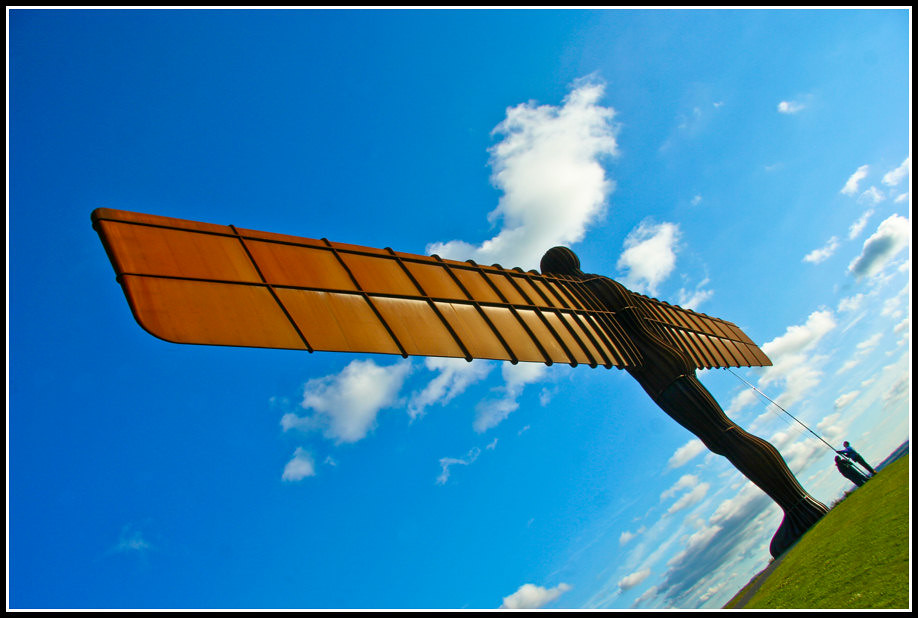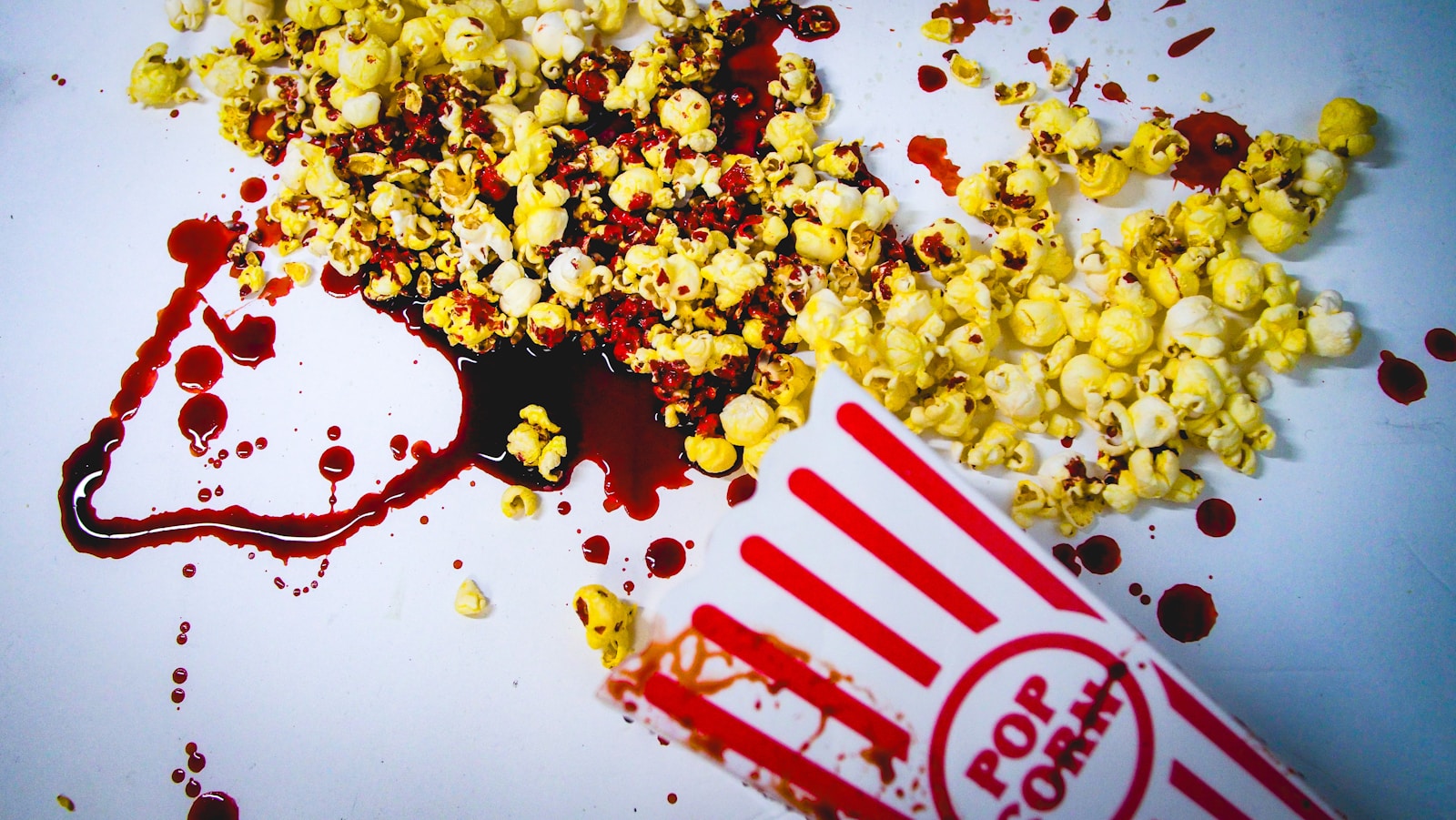
Introduction
Ah, the British Isles! A land of stunning landscapes, rich history, and a kaleidoscope of regional accents and dialects that can leave even the most seasoned traveler scratching their head. While many people are familiar with the Queen’s English, there’s a treasure trove of regional phrases that can bewilder anyone who isn’t from the area. Whether you’re planning a visit, moving to the UK, or just curious about how language varies across this diverse nation, buckle up as we dive into some delightful regional British accent phrases that might make absolutely no sense to outsiders!
The Melodic Madness of Accents
Before we jump into the phrases themselves, it’s essential to appreciate the sheer variety of accents found throughout the UK. From the sing-song lilt of a Welsh speaker to the sharp, clipped tones of a Cockney, each region has its unique way of expressing itself. This diversity is reflected not only in pronunciation but also in vocabulary and phrases.
For someone who’s used to American English or even standard British English, stumbling upon some of these phrases can feel like entering a whimsical new world. So, let’s embark on this linguistic adventure together!
1. “Throwing a Wobbly” (East End of London)
In the bustling streets of East London, if someone mentions “throwing a wobbly,” don’t be alarmed! This phrase is used to describe someone who is having a tantrum or a fit of rage. Imagine a toddler refusing to eat their greens; that’s the kind of energy we’re talking about. So the next time you see someone lose their cool, you might chuckle to yourself, thinking about their theatrical “wobbly.”
2. “Barm” (North West England)
Traveling up north, you might encounter the word “barm.” In the context of food, it refers to a bread roll, particularly in areas like Manchester and Liverpool. Now, if you ask for a “barm” and someone gives you a confused look, just remember you’re in the wrong part of the UK. Instead of getting a blank stare, savor the moment and enjoy your delicious bread roll—wherever you are!
3. “Ginnel” (Yorkshire)
Picture this: you’re wandering through a quaint Yorkshire village and come across a narrow passageway between two buildings. In Yorkshire, that little alleyway is called a “ginnel.” Outsiders might think it’s just a random path, but in Yorkshire, it has a name and a sense of character. Next time you spot a ginnel, maybe take a moment to appreciate the rich history and unique vocabulary that comes with it!
4. “Gobsmacked” (Various Regions)
This British gem is a delightfully descriptive term meaning to be astounded or shocked. Imagine walking into a surprise party or catching wind of some scandalous gossip—your jaw drops, and you’re left staring in disbelief. It’s no wonder this phrase has become popular across various regions. But if you drop it in conversation with a non-Brit, they might think you’re talking about a particularly intense facial expression!
5. “Chuffed to Bits” (North England)
Let’s head back north again, where feelings are expressed with gusto. If someone is “chuffed to bits,” it means they are extremely pleased or delighted about something. Picture this: you receive a promotion at work, and you couldn’t be happier. You’d be “chuffed to bits!” It’s a phrase that captures joy with a sprinkle of British charm—just remember to explain it to anyone outside the region who might not fully grasp your delight!
6. “Lurgy” (London)
Ah, the “lurgy.” This quirky term refers to feeling unwell, often with a touch of humor. It’s like saying you’ve caught a cold, but with a whimsical twist. The phrase comes from a British comedy series, and today, it adds a lighthearted touch to the otherwise dreary notion of being sick. So, the next time someone mentions they’ve got the lurgy, don’t worry; they’re probably just having a rough day!
7. “Natter” (Various Regions)
Everyone loves a good chat, and in the UK, you might hear someone say they’re going for a “natter.” It’s a casual term for having a nice, friendly conversation. Whether it’s over a cup of tea or during a stroll in the park, nattering is an essential part of British culture. So, if you overhear someone planning to “natter” with a friend, know that they’re in for some delightful banter!
8. “Bob’s Your Uncle” (Various Regions)
This phrase is a classic British way of saying that something is easy to accomplish or achieve. For example, if someone tells you how to make a cup of tea and finishes with, “And bob’s your uncle!” they’re essentially saying, “And there you go, it’s as simple as that!” It’s a charming expression that can leave outsiders puzzled, wondering who exactly Bob is and why he’s so significant!
9. “Kip” (Various Regions)
Need a nap? In British English, particularly in the north, you might hear someone say they’re going to have a “kip.” It refers to a short sleep or nap, and it’s one of those cozy, comforting terms that can make you feel all warm inside. Just don’t be surprised if someone with a thick regional accent uses it—you might just think they’re talking about a different kind of slumber altogether!
10. “Scrummy” (Various Regions)
Food is a significant part of British culture, and nothing captures deliciousness quite like the word “scrummy.” Whether it’s a slice of cake or a hearty pie, if it’s “scrummy,” it’s downright delectable. Use this term next time you enjoy a tasty treat, but be prepared for the blank stares if your friends aren’t familiar with the British food lingo!
11. “Pip Pip” (London)
You might think that “pip pip” is a sound made by a mischievous little bird, but in British slang, it’s actually a way of saying goodbye. It’s a charmingly old-fashioned phrase that evokes a sense of whimsy and nostalgia. Picture a group of friends parting ways, and one of them cheerfully exclaims, “Pip pip!” It’s the perfect way to add a touch of quirkiness to your farewells.
The Rich Tapestry of Language
As we’ve explored these colorful phrases, it’s clear that regional variations within British English add a vibrant layer to the language. Each phrase carries with it a sense of place and culture, echoing the history and traditions of the areas from which they originate. What might be a simple conversation starter in one region could leave someone completely confused in another.
Conclusion
Language is a living, breathing entity, and it evolves as people and cultures interact. The regional phrases in the UK are a testament to this beautifully complex phenomenon. So, whether you find yourself in the rolling hills of Yorkshire or the bustling streets of London, take a moment to listen to the local dialects and the charming phrases that come with them. You might just find yourself enchanted by the delightful absurdity of it all—and who knows, you might pick up a few phrases to use back home!
The next time you hear someone mention a “ginnel” or that they’re “chuffed to bits,” you’ll not only be in on the joke but also a little closer to understanding the rich tapestry of language that defines the UK. So, go forth, embrace the quirks, and remember that sometimes, making sense isn’t as important as enjoying the ride!

